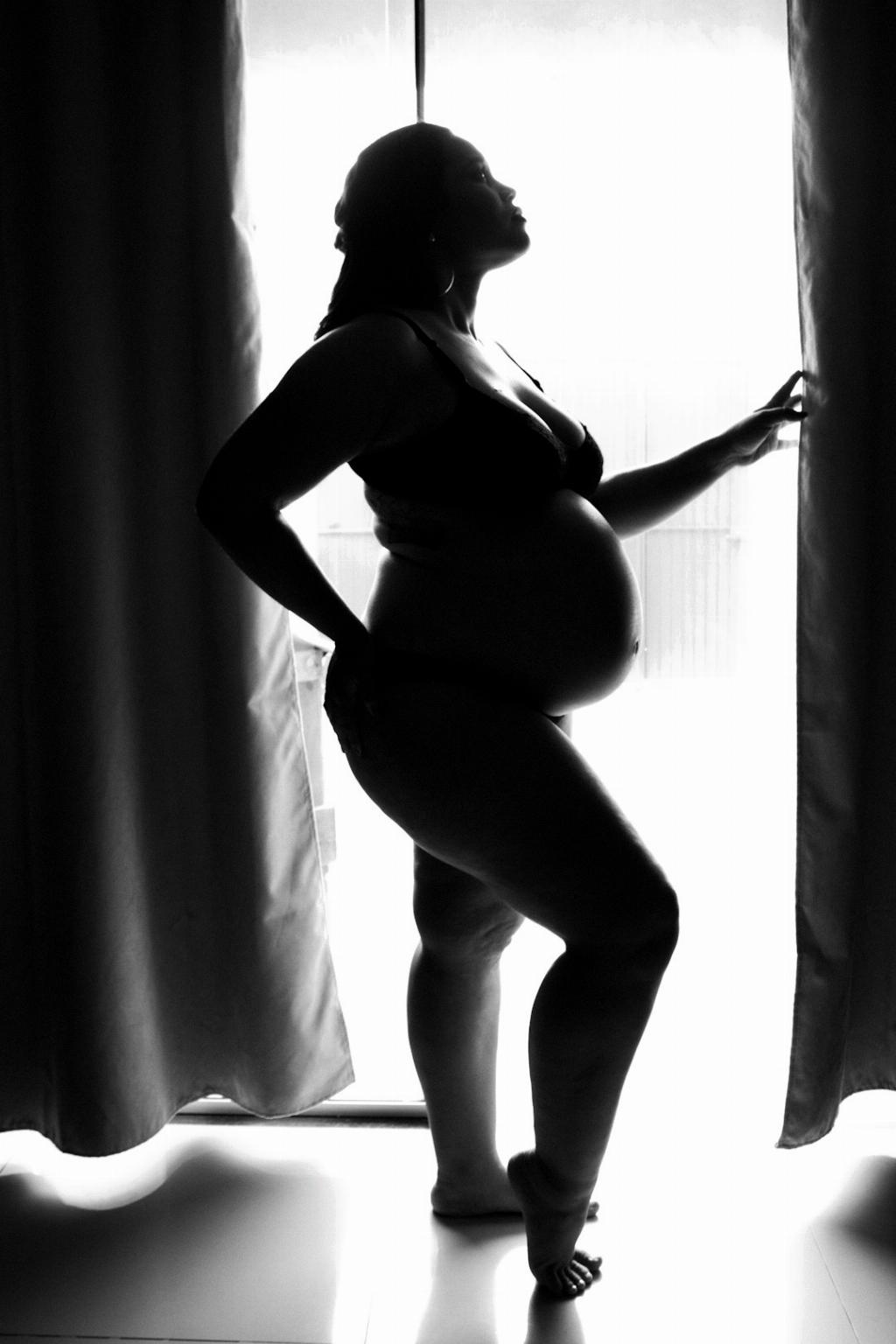When it comes to the possibility of passing mono to your baby, it’s essential to be aware that anyone, regardless of age, can get infected with the virus. This includes infants and young children, who are at risk of contracting mono if they come into contact with the virus. While mono is less common in adults over the age of 40, it’s crucial to take precautions to prevent its spread, especially to vulnerable individuals like infants.
One of the primary ways mono spreads is through saliva, which makes it particularly easy to pass the virus to others, including babies. It’s important to note that even after the symptoms of mono subside, the virus can still be present in a person’s saliva for an extended period, with studies suggesting a median duration of up to six months. This prolonged period of infectiousness underscores the need for caution, especially when it comes to interacting with young children.
Given that infants and young children have developing immune systems, they may be more susceptible to infections like mono. Parents need to be vigilant in monitoring their own health, especially if they have been diagnosed with mono or suspect they may have been exposed to the virus. Taking proactive measures to prevent the spread of mono is crucial in protecting the health of babies and young children.
It’s also essential to be mindful of the symptoms of mono in both adults and children. While mono can manifest differently in individuals, common symptoms include fatigue, sore throat, fever, swollen lymph nodes, and overall feelings of malaise. If a parent or caregiver suspects they may have contracted mono, it’s advisable to seek medical advice promptly to prevent the spread of the virus to vulnerable individuals like babies.
Practicing good hygiene is key in preventing the transmission of mono to babies. This includes regularly washing hands with soap and water, especially after coughing or sneezing, and avoiding sharing utensils, cups, or food with young children. Additionally, disinfecting commonly touched surfaces can help reduce the risk of spreading the virus within the household.
While the risk of passing mono to a baby exists, it’s important to remember that not all cases will result in transmission. By taking necessary precautions and being mindful of one’s health and hygiene practices, the likelihood of spreading the virus to infants can be significantly reduced. Communication with healthcare providers and following their recommendations is crucial in managing and preventing the spread of mono within the family.
It’s worth noting that mono is a common viral infection that can affect individuals of all ages, including babies. By staying informed about the symptoms and transmission routes of mono, parents can better protect their children from potential exposure to the virus. While the prospect of passing mono to a baby may be concerning, implementing preventive measures can help mitigate the risk and safeguard the health of young children.
In situations where a parent has been diagnosed with mono, additional precautions may be necessary to prevent transmission to their baby. This can include avoiding close contact, such as kissing on the mouth or sharing utensils, until the infectious period has passed. Consulting with healthcare professionals can provide personalized guidance on how to navigate such circumstances and protect the well-being of both the parent and the child.
Education and awareness are paramount in addressing the question of whether mono can be passed to a baby. By understanding the factors that contribute to the transmission of the virus, parents can make informed decisions to safeguard their children’s health. Open communication with healthcare providers and timely intervention can play a crucial role in preventing the spread of mono within the family unit.
Ultimately, while the risk of passing mono to a baby exists, proactive measures can significantly reduce the likelihood of transmission. By staying informed, practicing good hygiene, and seeking medical advice when needed, parents can help protect their infants from potential exposure to the virus. Maintaining a healthy and safe environment is key in promoting the well-being of young children and preventing the spread of infections like mono.

